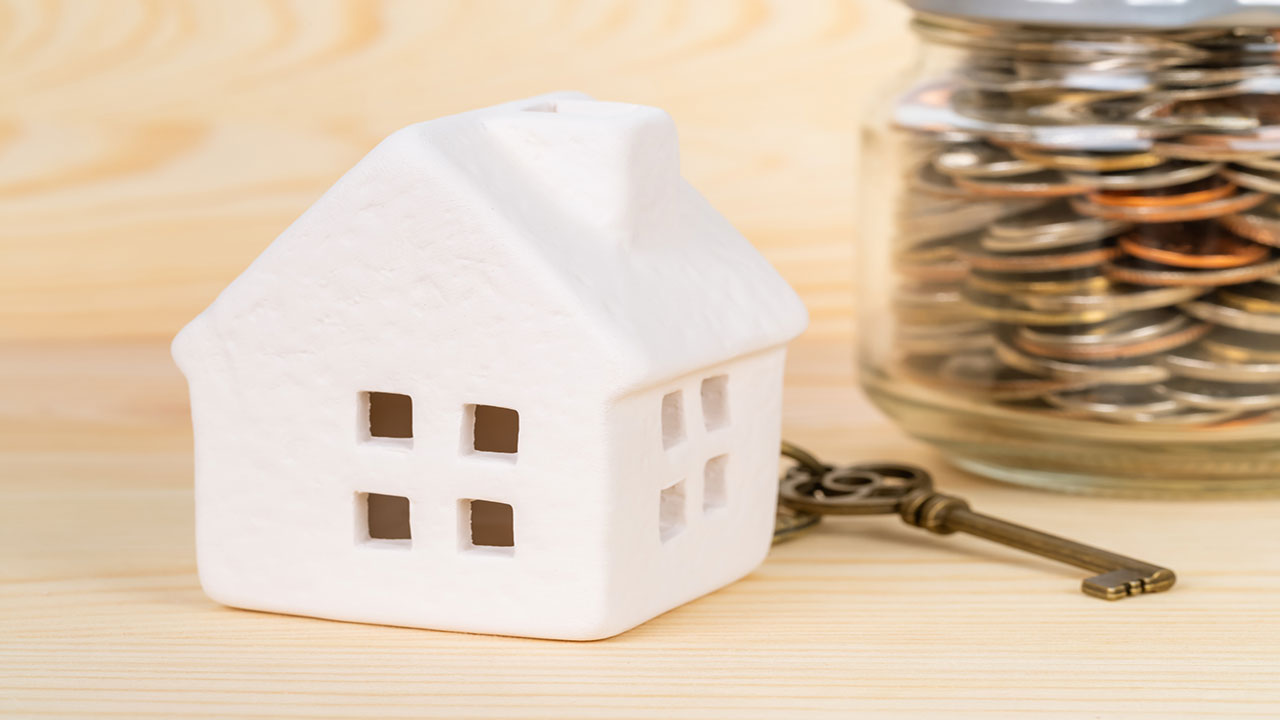Mortgage Versus Rent: What’s the Real Difference?

Whether you rent or own, you still have monthly expenses to pay in exchange for a place to live. That said, there are clear differences between paying a mortgage versus paying rent every month. But while rent may often be the more affordable and easier option for paying for a home, mortgages can sometimes be the better route to take.
There are definitely perks to each, and one may be better than the other for different people. The decision between one and the other comes down to a number of factors, such as your financial situation, your lifestyle, and the market where you live.
If you’re currently trying to decide whether to rent or buy, consider the following differences between a mortgage and rent.
Ability to Remain on Site For the Long Haul

If you’re paying a mortgage, you’re in charge. You own the place, and as such, it’s completely up to you whether or not you decide to stay put for the long term or choose to sell and move at your discretion.
If you rent, however, you’re always at the mercy of your landlord. Of course, your lease is a legal document that does not permit your landlord to force you to move out with little notice before the expiry date arrives, unless you have breached the contract.
But once your 12 months are over, your landlord has the right to request that you move out if they follow the landlord-tenant rules in your jurisdiction. That means you could find yourself looking for a new place to live, even though you may have enjoyed where you were living.
Freedom to Move at Will
On the flip side to what was just discussed, renting provides you with much more freedom and flexibility when it comes to moving. While you still have to honor the 12-month lease stipulation (unless you have a valid reason to move out sooner), vacating a rental unit and moving to another is a lot easier and filled with less red tape compared to having to sell a home and buy a new one.
If your lifestyle is rather transient or you’re simply not the type to be tied down to any particular place, then renting might be a better option. Of course, that doesn’t mean that you can’t sell whenever you’d like to. But renting certainly makes these transitions much easier.
Tax Deductions

While part of each mortgage payment goes towards paying down the principal portion of the mortgage, a big chunk also goes towards interest. That can add up to a lot of money being dished out to the lender by the time the loan is fully paid off.
But as frustrating as it can be to pay interest every month, homeowners can take advantage of certain tax breaks that come with homeownership, and one of these perks is deducting the interest portion of their mortgage payments. This can help to reduce the overall cost at the end of the year. In the majority of cases, rent is not tax deductible, which means you could owe a lot more in taxes compared to having a mortgage.
Credit Boost
Having a mortgage – and being responsible with it – can help to improve your credit score and keep it up there. As long as you make your mortgage payments on time every month, your credit score will be affected positively. Lenders report mortgage payments to the major credit bureaus that will then note your activity on your credit report.
While paying rent on time every month could potentially help with your credit score, this will only be the case if your landlord reports your activity to the credit bureaus, which they’re not obligated to do.
Upfront Expenses

There are very few up-front costs to renting, aside from providing first and last months’ rent and buying a few pieces of furniture. But buying a home requires a lot more in out-of-pocket expenses in comparison.
Taking out a mortgage typically requires any of the following:
- Down payment
- Appraisal fees
- Underwriting fees
- Lender fees
- Title insurance
- Home inspection
- Private mortgage insurance (PMI)
Generally speaking, you can expect to pay anywhere between 2% to 5% of the purchase price of your home when you buy. These are costs you won’t have to worry about with rent.
Increase in Monthly Payments
Both renting and paying a mortgage can come with the risk of an increase in monthly payments. If you rent, your landlord can increase the rent every year, as long as they follow the protocol for rent increases in your jurisdiction.
But mortgages can also increase. If you take out an adjustable-rate mortgage, your payments can fluctuate based on changes in the interest rate. That said, if you have a fixed-rate mortgage, the payments will remain the same until the mortgage is renewed.
Additional Costs

In addition to mortgage payments, there are a number of other costs associated with owning that you wouldn’t have to worry about with renting. For instance, maintenance, repairs, property insurance, and property taxes are costs that you have to deal with that renters typically don’t pay.
Equity Accumulation
A mortgage payment gives you the opportunity to build equity in your home. Equity is the difference between the value of the home and what you owe on the mortgage. With each payment you make, the equity in the home builds, as long as the property doesn’t depreciate in value. You can then use that equity (once a certain amount is built up) to be used to cover the cost of home improvements, consolidate debt, or for other major expenses.
Rent does not provide such an opportunity. You need to keep on paying rent month after month without seeing any fruits of your labor. On the plus side, however, you can use whatever money you save from not having to pay for ongoing costs associated with homeownership to invest in other vehicles that can help you build wealth over time.
The Bottom Line
While mortgage payments or rent payments are necessary to cover the cost of living, they’re certainly not the same. Both come with their own benefits and drawbacks, and the decision you make between paying rent versus a mortgage will depend on a number of things, including your financial position and your desire from freedom versus stability.


